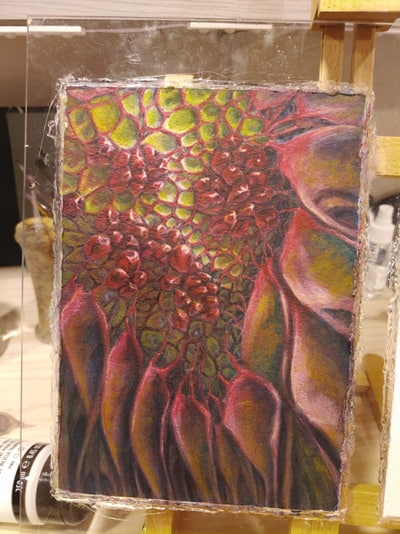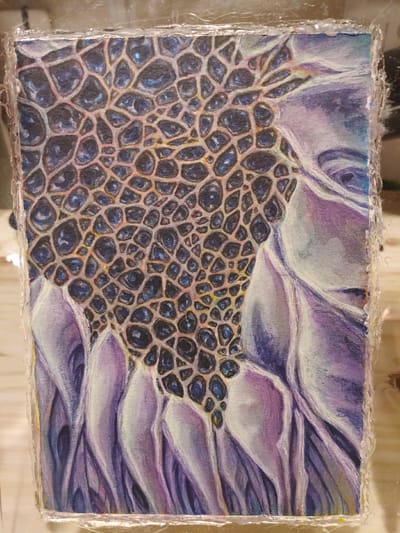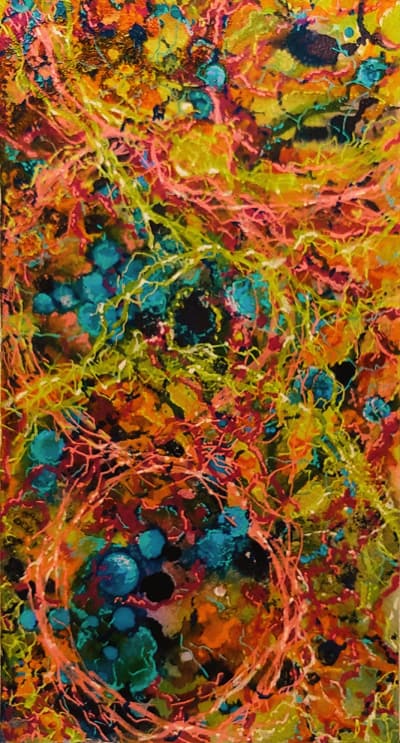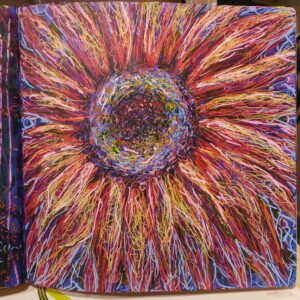Well, I fixed something
I fixed the update thingy that I really should have done much earlier, but I wasn’t around earlier. There’s been a lot happening, and also absolutely nothing happening, and I just couldn’t get to this website thing. I still need to figure out how to make this website compatible with Safari, which might mean a whole new template (which I’m dreading the very thought of.) But for now I just want to simplify everything and see if certain elements in the current template are causing the issue or not. The table element I was dealing with for the updates was one such element, so that’s at least dealt with in this long check list of wtf is causing issues with the website.
Hey, peeps. I’ll have a proper greeting later. Sorry it’s been so long. My memory just isn’t great, and I’ve got to make a habit with this writing thing otherwise I’m just going to forget it all exists. So here I am, restarting that habit tonight. See you all soon.

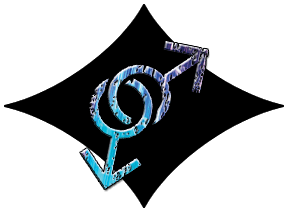 Checking In
Checking In